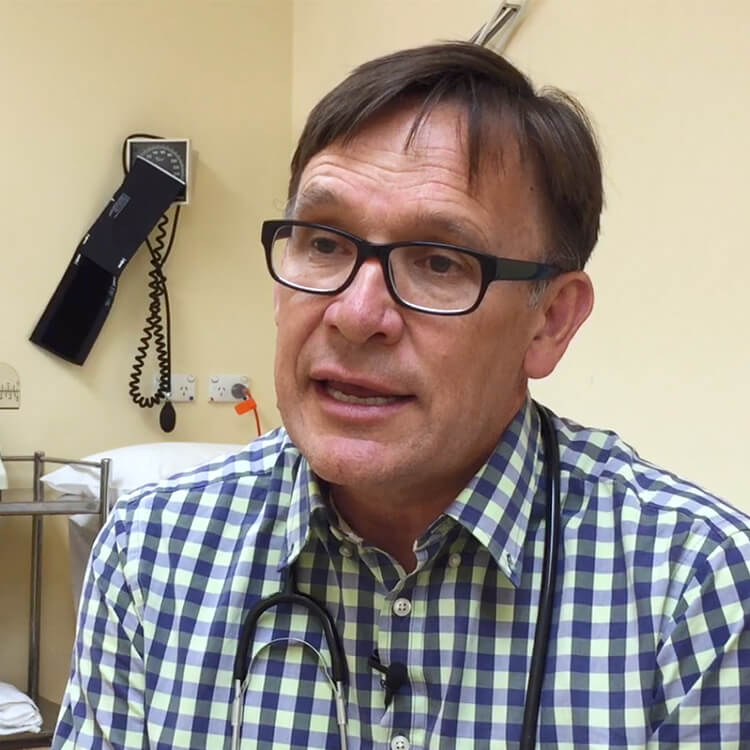Search
Research
Siblings of children with disabilities: challenges and opportunitiesSiblings of children with disabilities: challenges and opportunities
Research
Rio Tinto Child Health Partnership Final ReportIn 2002, the Founding Director of The Kids for Child Health Research, Professor Fiona Stanley, approached Rio Tinto Ltd about the possibility...
Research
Investigating genotype-phenotype relationships in Rett syndrome using an international data setThis study uses data from a large international database, InterRett, to examine genotype-phenotype relationships and compares these with previous findings in...
Research
Late language emergence at 24 months: an epidemiological study of prevalence, predictors, and covariatesThe primary objectives of this study were to determine the prevalence of late language emergence (LLE) and to investigate the predictive status of maternal...
Research
Diverging trends for lower respiratory infections in non-Aboriginal and Aboriginal childrenTo investigate temporal trends in admission rates for acute lower respiratory infections (ALRI) in a total population birth cohort of non-Aboriginal and...
Research
Vaccinating young adults against HPV: the importance of understanding health decision-making and behaviourVaccination of young teenage females against human papillomavirus (HPV) with a newly licenced quadrivalent vaccine designed to prevent cervical cancer and...

News & Events
New meningococcal strains bring increased risk in WAA new study has confirmed the changing pattern of meningococcal disease in Western Australia.
Research
A 15-Year Old Burmese Girl With Hemoptysis: A Case ReportA 15 year old girl, born in Hakha, Myanmar, presented with 2 months of intermittent hemoptysis 3 years after immigrating to Australia, via Malaysia.
Research
Exploring quality of life of children with cerebral palsy and intellectual disability: What are the important domains of life?An estimated half of all children with cerebral palsy also have comorbid intellectual disability, the domains of QOL for these children are not well understood
Research
Understanding the aetiology and resolution of chronic otitis media from animal and human studiesThis Clinical Puzzle article describes our current knowledge of chronic otitis media and the existing research models for this condition
